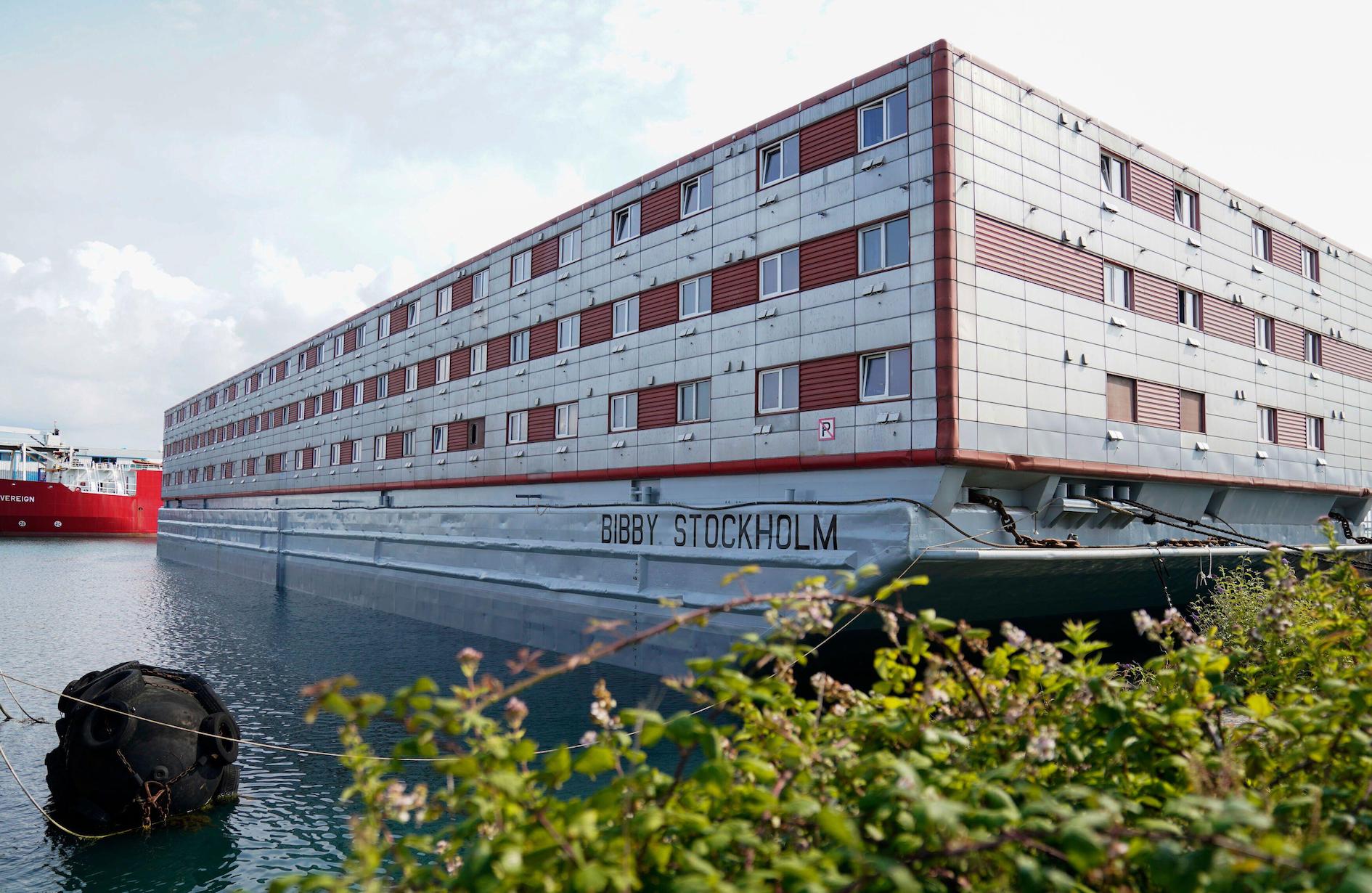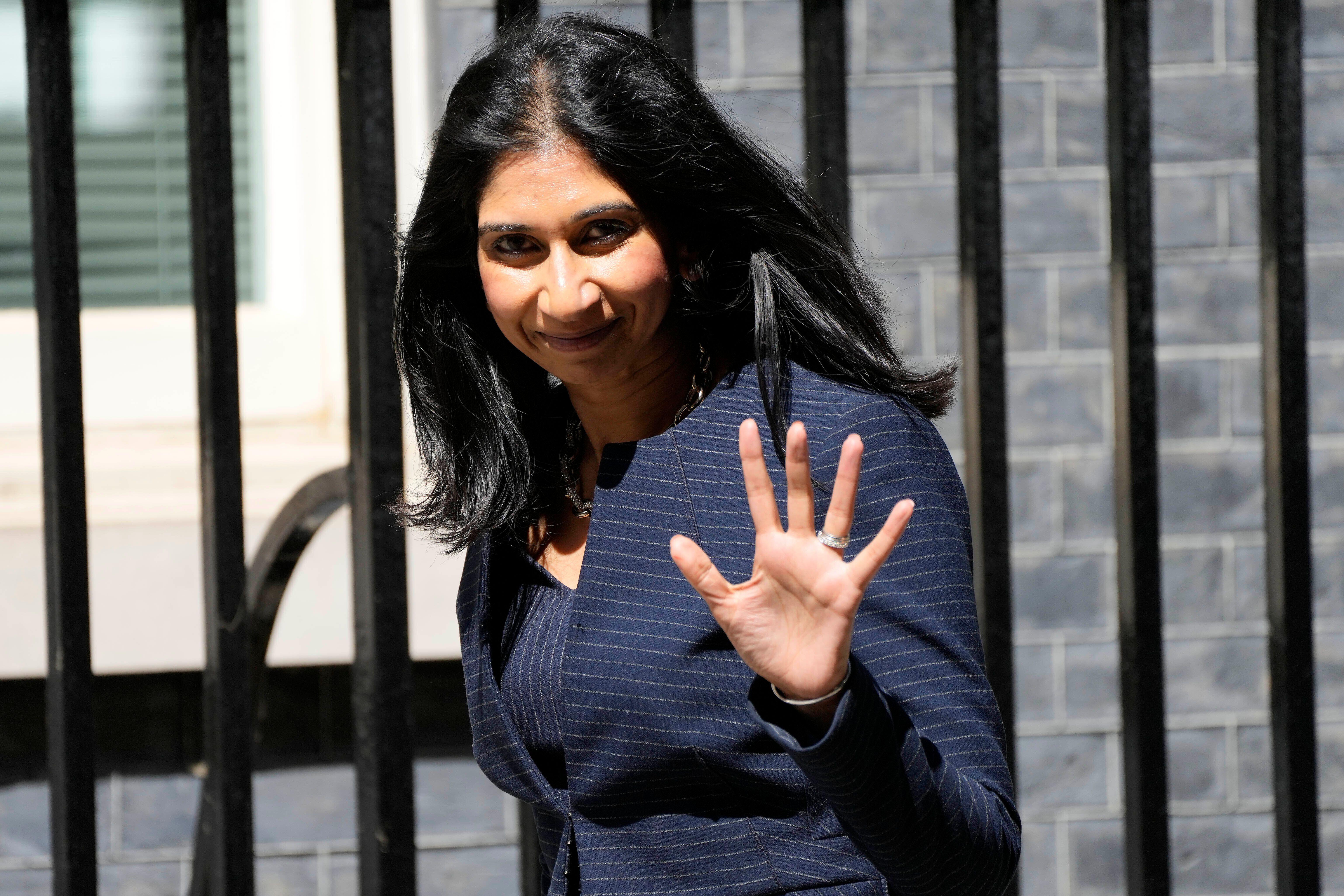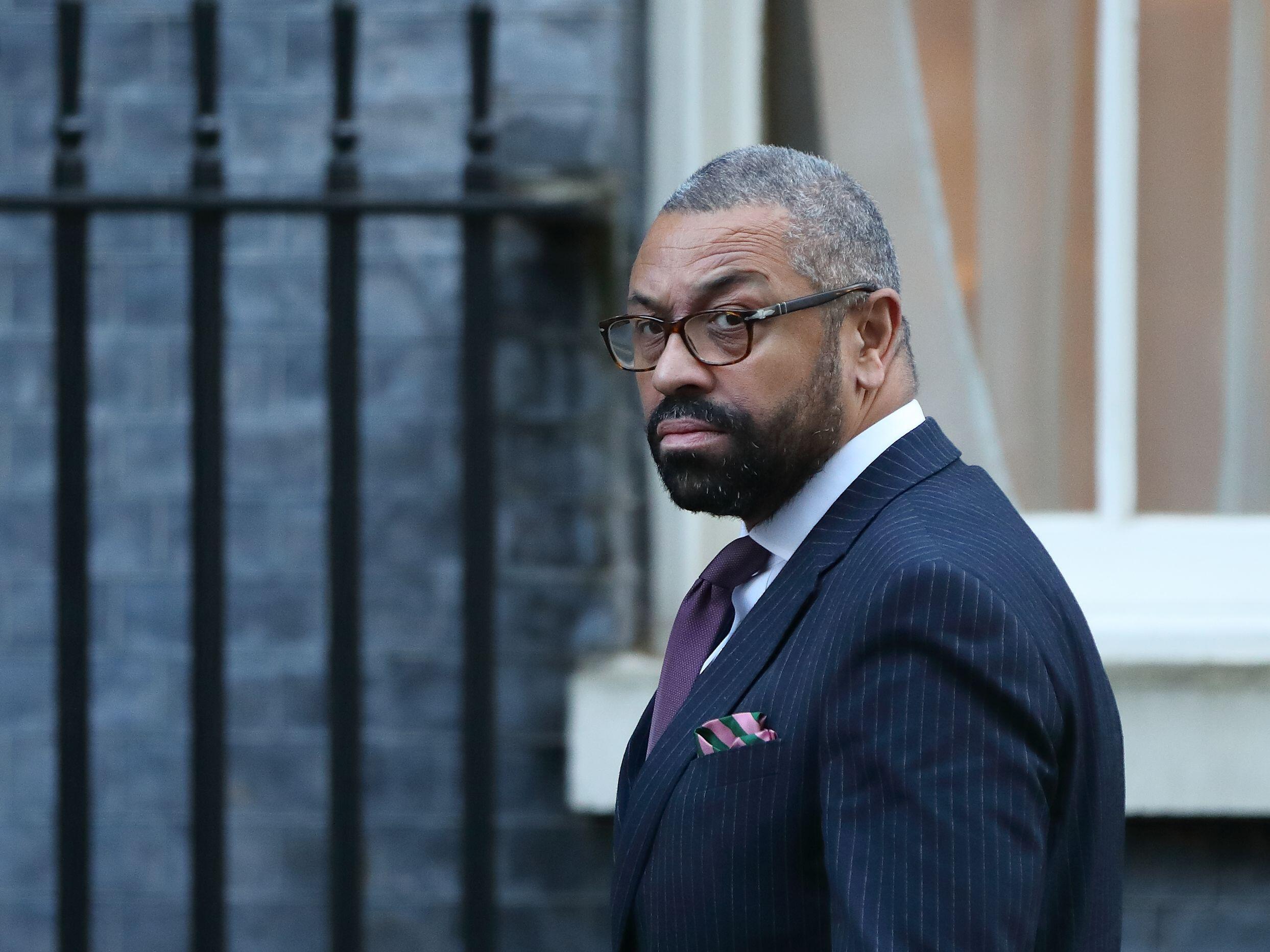Migrant-baiting no longer vote winner for the Tories
Suella Braverman can rant all she likes: The anti-immigration blitz failed to save Conservative seats in the local elections, and won't work in the general election either. Labour can now afford to go on the attack - rejecting the very premise of immigration as a threat, and focusing on what people really want: a hopeful, positive, inspiring vision for the future.
The Conservatives went into the local election week with a national policy blitz: an all-out assault on migrants. They lost badly - shedding a total of 470 council seats up and down the country, relinquishing control of 10 local councils and seeing one of their most iconic local politicians, Andy Street, lose the mayoralty of the West Midlands to Labour.
In case anyone thought this was because the Tories weren’t being right-wing enough, Reform’s vote share was even worse – despite the disproportionate media coverage, they gained just two Councillors; compare this to even the Workers Party of Great Britain’s four, and much more significant Labour, Green, Lib Dem and Independent gains.
Overall, results put paid to the narrative that politicians like Suella Braverman are trying to build for a populist leap even further to the right - especially on immigration.
There are few areas where the Conservative Party changed for the worse over the past two decades more dramatically than immigration. In 2005, the most they did was put out a billboard - timid by today’s standards - asserting that “it’s not racist to be concerned about immigration.” This got laughed out of the room and, needless to say, did not the Tories the election. Fast forward to 2024. From Theresa May onward, entire Conservative careers - from big beasts to the kind of rabble-rousers who astroturf conspiratorial groups on Facebook - have been built on the misguided notion that anti-migrant sentiment is the driving force in British public opinion, or at least that it can be made to be.
Deranged by that belief, the Government marked the local election week with a broadside attack on migrants and asylum seekers.
I’m not using “attack” rhetorically here. After passing their mind-bendingly surreal “Safety of Rwanda” legislation - declaring Rwanda was safe because they said so - - the Tories began to round up and detain asylum seekers, gleefully publicising the raids with social media clips akin to 1990s cop shows. This wasn’t just party activists going rogue: On Wednesday, the day before the elections, the Home Office itself sent out a press release accompanied by video footage of people being handcuffed and taken away in vans.
People want concrete solutions to their problems, not scapegoats; fear will only get populists so far.
At Home Office reporting centres across the country, local communities protested similar scenes of people being forcibly taken away to be locked up. Hundreds more asylum seekers are waking up today in detention cells, traumatised and terrified, with the threat of deportation hanging over them as part of this performance. We know that the people detained in this way are men and women, and that one in five come from Afghanistan, while others are from Syria, Iran, Sudan and Eritrea – all countries of departure that all but guarantee one has fled danger and persecution.
In obvious desperation, the government effectively bribed one man, whose asylum application had previously been rejected, with thousands of pounds to get on a flight to Kigali. The man took the money, boarded the flight, and promptly disappeared, never making it into the British-built hotel in Kigali meant to house the deported asylum seekers. It says something when a policy fails even such a lab-controlled test run, even on its own terms.
To top it off, the Home Secretary also announced last week a significant drop in applications for migrant social care workers and foreign students, following his visa changes that restrict them from bringing spouses and children to the UK with them. Ridiculously, he spun it like it was a good thing - despite our care system depending on the former group and the future of our entire higher education system depending on the latter.
In the meantime, Tory spokespeople took every opportunity to spread disingenuous lines about Labour’s supposed asylum positions, with a front-page splash in The Times on Wednesday calling plans to actually process asylum claims an “amnesty”. In terms of “tough on migrants” headlines and posturing, the Government went as hard as it possibly could in the lead-up to this poll.
Yet as the results rolled in it, it was clear they’d misjudged what the public wanted to hear. The choice to go so hard against migrants as the dominating campaign strategy makes it very hard to argue that the bad result is anything other than an outright rejection of the seemingly endless anti-migrant agenda.
Conservatives who did less badly – Ben Houchen hung onto his mayoralty despite a significant swing against him, and Andy Street suffered a smaller swing, but lost by a thin margin – both seem to have distanced themselves somewhat from the Conservative party. Their comparative popularity seems based on the fact that they’ve been delivering on infrastructure, jobs and services in their local areas, instead of chasing terrified, traumatised asylum seekers. Regeneration projects, local transport, training and education opportunities mean more to voters more than anti-woke grandstanding. It feels absurd to have to point it out, but people want concrete solutions to their problems, not scapegoats; fear and suspicion will only get populists so far.
The Tories have just about six months left before they have to call the general election, and the toxic public debate and culture wars show no signs of abetting. They’ve clearly given up any hope of fixing our crumbling public services and winning on issues of real value to our communities like schools, the NHS, and housing. All they have left is a desperate attempt to minimise losses to the ever more extreme right, and they’ll do it off the back of refugees, Muslims, LGBT folks and the sick and disabled quite happily. But all they are doing is cementing their party’s irrelevance for a generation.
So while it’s too much and too late to hope for a change of heart from the Tories now, we can hope Labour are drawing the right lessons. There have been murmurs questioning Starmer’s commitment to ending the Rwanda plan if he becomes PM in the last weeks – these results should put any question of that firmly to bed. Offshoring our asylum system, palming off vulnerable people to suffer somewhere else, or leaving refugees in limbo in squalid, unsuitable accommodation centres are unacceptable red lines for most Labour supporters and most of the country.
For now, much of Labour’s advantage in the polls is driven by them not being Tories and skilfully putting this revulsion and fatigue with the incumbent party to use. But looking further ahead, there is a real need for Starmer to define a hopeful vision for the country - if he wants to be something more inspiring than merely the lesser evil. When Labour did lose ground in these elections it was to Greens and to independents, not to the right. A bold plan to invest in our public services and communities and move decisively away from migrant hatred is the very least response voters need to see. These election results are a cry for change, not more of the same, and for a plan for stronger public services - not division.
The Lead is now on Substack.
Become a Member, and get our most groundbreaking content first. Become a Founder, and join the newsroom’s internal conversation - meet the writers, the editors and more.





